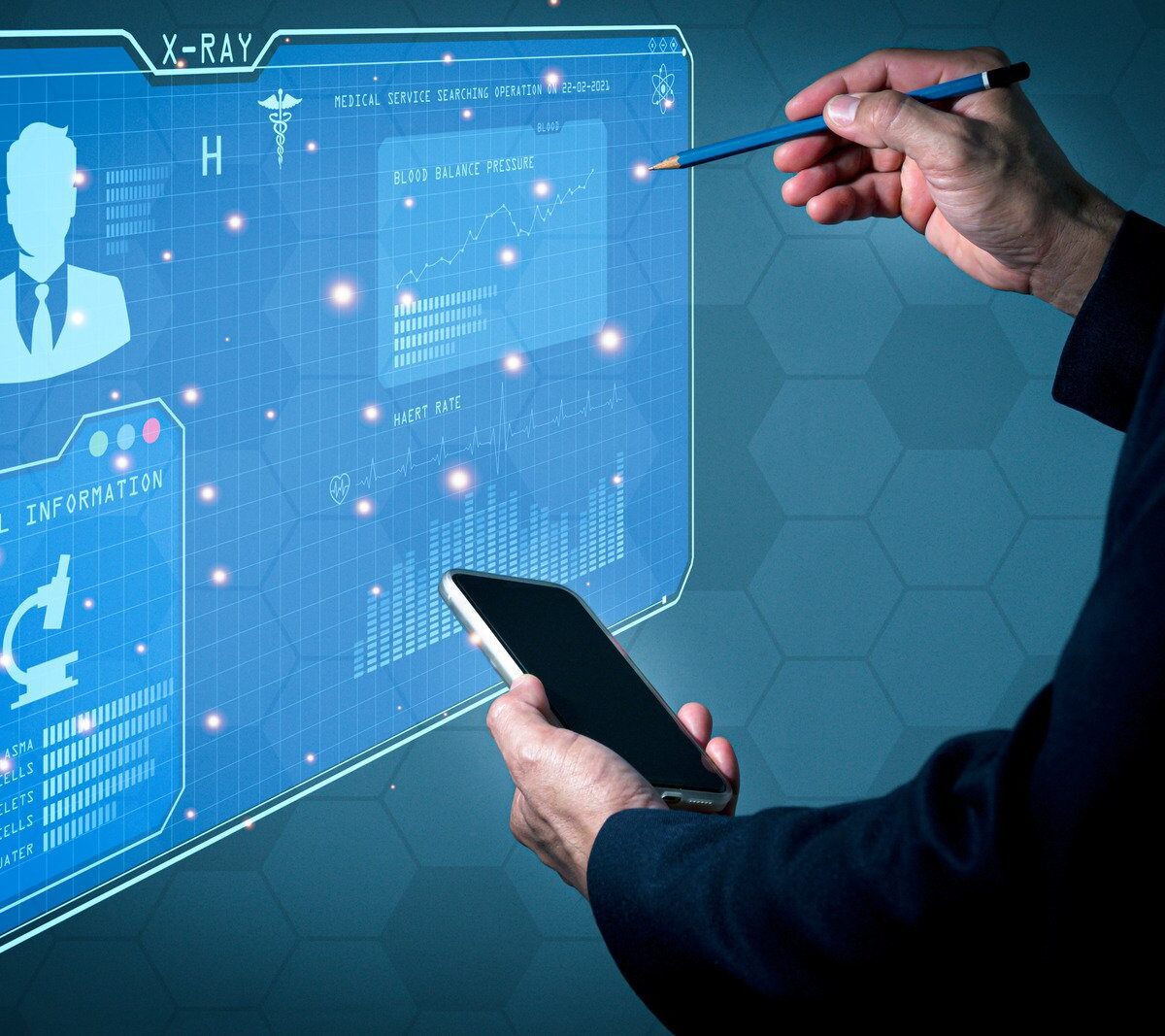Technology has become an integral part of modern society, influencing nearly every aspect of our lives. From communication and transportation to healthcare and education, advancements in technology have transformed how we live and interact. In this in-depth exploration, we will delve into the ways in which technology is shaping the future of society, addressing both the opportunities and challenges that arise.
Introduction: The Influence of Technology on Society
Technology has always played a pivotal role in shaping human civilization. In this introductory section, we will discuss the historical evolution of technology and its impact on societal development. From the invention of the wheel to the digital revolution, technology has continuously reshaped economies, cultures, and social structures.
Chapter 1: Communication and Connectivity
The advent of the internet and digital communication platforms has revolutionized how we connect and communicate. We will examine the evolution of communication technologies, from telegraphs and telephones to social media and instant messaging apps. The democratization of information and the rise of virtual communities will also be explored, highlighting both the benefits of global connectivity and the challenges of digital divide and misinformation.
Chapter 2: Healthcare and Medical Technology
Advancements in medical technology have led to significant improvements in healthcare outcomes and quality of life. We will explore the impact of technologies such as telemedicine, wearable health devices, and artificial intelligence in healthcare diagnostics and treatment. Ethical considerations regarding data privacy, genetic engineering, and access to healthcare will be critically analyzed.
Chapter 3: Education and E-Learning
The integration of technology in education has transformed traditional learning paradigms. We will discuss the rise of e-learning platforms, interactive educational tools, and virtual classrooms. The accessibility of education, lifelong learning opportunities, and the digital skills gap will be examined, along with the potential for technology to democratize education on a global scale.
Chapter 4: Transportation and Urban Mobility
Technological innovations are reshaping transportation and urban mobility, from electric vehicles and autonomous drones to smart city infrastructure. We will explore the potential of technologies like 5G networks, connected vehicles, and mobility-as-a-service (MaaS) to improve efficiency, reduce emissions, and enhance urban living. The challenges of congestion, infrastructure investment, and equitable access to transportation will also be discussed.
Chapter 5: Workforce Automation and Future of Jobs
The rise of automation and artificial intelligence is transforming the workforce and job landscape. We will analyze the impact of robotics, machine learning, and algorithmic decision-making on employment trends and job displacement. The importance of reskilling and upskilling, as well as the potential for technology to create new job opportunities in emerging industries, will be explored.
Chapter 6: Environmental Sustainability and Green Technologies
Technology has the potential to address environmental challenges and promote sustainability. We will discuss the role of renewable energy technologies, smart grid systems, and IoT sensors in reducing carbon emissions and mitigating climate change. The concept of sustainable development, circular economy models, and the integration of green technologies into urban planning will be examined.
Embracing Technological Innovation Responsibly
In conclusion, technology is a powerful force that can drive positive change and improve quality of life. However, it also comes with ethical, social, and environmental considerations that must be addressed responsibly. By understanding the ways in which technology is shaping the future of society, we can harness its potential for the collective benefit of humanity while mitigating potential risks and challenges.
This comprehensive exploration aims to provide insights into how technology is shaping the future of society, highlighting the opportunities and responsibilities that come with technological advancement.





